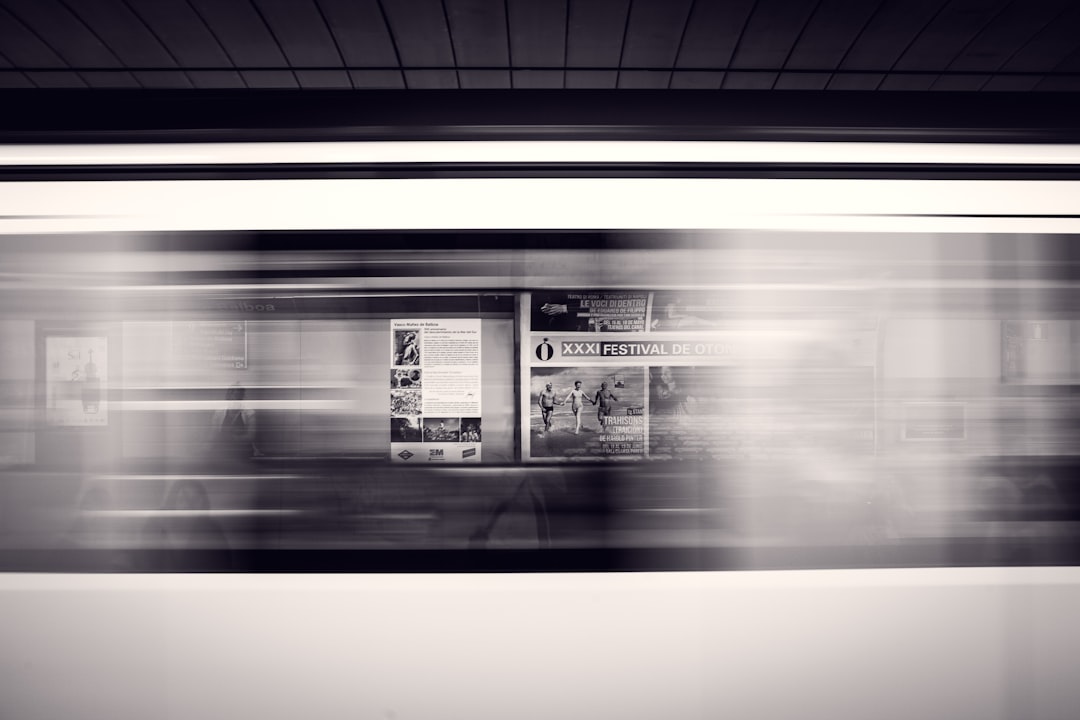Unlock the Editor’s Digest for free
Roula Khalaf, Editor of the FT, selects her favourite stories in this weekly newsletter.
King Charles III on Tuesday set out the 21 pieces of legislation that Prime Minister Rishi Sunak hopes will frame the next UK general election, as the countdown started to polling day.
The King’s Speech, the first delivered by a male monarch for more than 70 years, was laden with political intent as Sunak drafted a final legislative package to be delivered before an election expected by autumn 2024.
Measures to encourage North Sea oil drilling, tougher sentencing for serious criminals and bills designed to show support for Israel were all meant to signal Sunak’s priorities.
Labour said the King’s Speech, formally set out by King Charles in the gilded splendour of the House of Lords, was “a pretty pathetic programme of tinkering”.
Sunak’s allies said the legislative package was “a stepping stone” towards the election, but the prime minister is running out of set-piece opportunities to change the political weather.
His party trails the Labour opposition in opinion polls by about 20 points and Sunak’s Tory conference relaunch last month, when he scrapped the northern leg of the HS2 rail line, failed to boost Conservative prospects.
The King’s Speech, a mixed bag of bills ranging from housing reform to a crackdown on London pedicabs, is another opportunity for Sunak to set his own agenda.
After Tuesday’s pageantry, Sunak will only have two big fiscal events — this month’s Autumn Statement and next spring’s Budget — to change the terms of political debate. A cabinet reshuffle is also expected later this year.
King Charles, reading from a script prepared by Downing Street, said the government was making “the difficult but necessary long-term decisions to change this country for the better”.
The monarch, an ardent environmentalist, unveiled a bill to “support the future licensing of new oil and gasfields”, a policy opposed by Labour but described by Sunak as a “pragmatic” move to transition to a net zero economy.
A range of law and order measures were included to signal Sunak’s tough stance on crime, even if the overcrowded state of the UK’s prisons means fewer people will go to jail for less serious offences.
Sunak’s allies said a controversial plan by Suella Braverman, the home secretary, to ban the provision of tents to the homeless was being “scrutinised” and had not been dropped, but it did not appear in the King’s Speech documents.
The idea, first reported by the Financial Times, has drawn heavy criticism from charities and some of Braverman’s Tory colleagues have recoiled from her claim that living on the streets is a “lifestyle choice”.
While Sunak’s legislative plan has many nods to rightwing causes, Tory strategists are also anxious to avoid alienating liberal-minded Conservatives in southern seats.
Two bills to show support for Israel have been “rolled over” from the last parliamentary session: one will set up a Holocaust learning centre at Westminster, while the other will stop leftwing councils boycotting Israel with their own sanctions regimes.
An anti-tobacco bill will create a “smoke-free generation”, with anyone currently aged under 14 never to be able to legally buy cigarettes, while reforms to the rental market and leasehold rules are also included.
An independent football regulator will be created to give fans a greater say in the running of English top-tier clubs, with a new licensing regime. The regulator will have powers to enforce compliance with financial regulations.
The investigatory powers amendment bill aims to “recalibrate” elements of the government’s current ability to access private communications and data from messaging companies and telecoms providers.
It mandates that companies inform the Home Office in advance about any security or privacy features they want to add to their platforms, including encryption.
The event marked King Charles’s debut as monarch unveiling the government’s legislative agenda. Given his years before acceding to the throne as a vocal advocate for the environment, observers were on watch for any “tells” in his facial expressions or voice that would betray his personal views on ministers’ plans to step up oil and gas drilling.
Ahead of the speech, the Yeomen of the Guard — wearing their Tudor uniforms of scarlet tights and tunics with re-ribboned black hats — scoured the cellars of the Palace of Westminster for plotters, a tradition that dates back to 1605, when Guy Fawkes sought to blow up parliament during the state opening.
The King travelled from Buckingham Palace to parliament in a horse-drawn carriage, arriving via the sovereign’s entrance that is reserved for the monarch’s use before proceeding to the throne in the House of Lords chamber.
As part of the ceremony the senior parliamentary official known as Black Rod knocked on the door of the House of Commons chamber to summon MPs to hear the monarch’s address — but not before they shut the door in his face, a symbol of the elected chamber’s supremacy over the unelected House of Lords.
In a full-length gown and wig Alex Chalk, the Lord Chancellor and justice secretary, followed custom by handing the King his speech before retreating backwards, to avoid turning his back on the monarch.
While Westminster was packed with MPs and peers dressed in their finest for the occasion, one frontbencher was absent: junior whip Jo Churchill, who was held “hostage” in Buckingham Palace as part of a tradition to ensure the monarch’s safety while visiting parliament.
